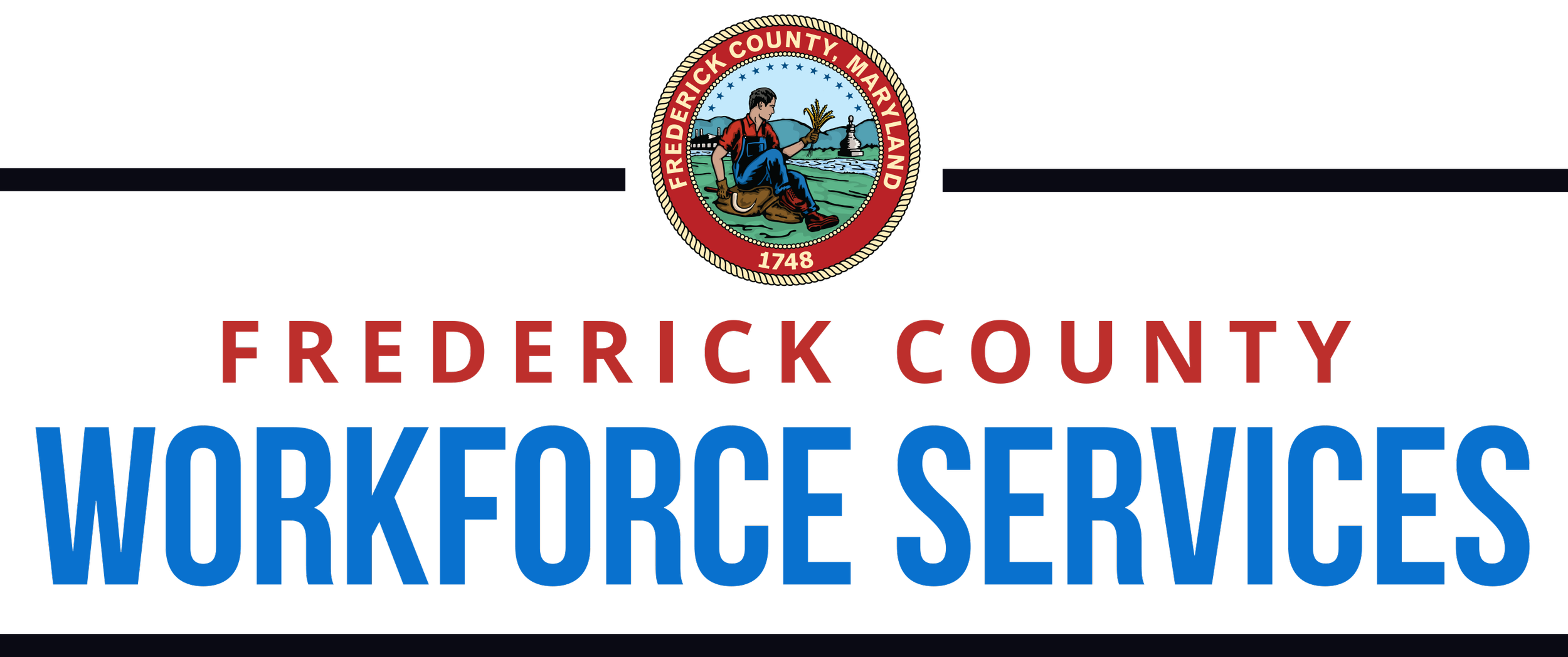Assessing & Understanding Your Digital Skills
Question:
During my job search, most of the positions I come across require a higher level of computer skills, such as “intermediate” Microsoft Office. Before the pandemic, I thought my skills were average but now I'm not sure, so I don't apply to those jobs. How do I find out if my computer skills and knowledge meet an employer’s job requirements?
Answer:
Don't feel bad for being uncertain when it comes to your digital skills. You might be surprised to know that 1 out of every 3 working adults lack foundational digital skills across all industries, according to the National Skills Coalition. Due to a pandemic that has completely changed our economic and workplace landscape, many people just like you are feeling more pressure to learn or master digital skills. When I was job searching years ago, I would notice the same thing and underestimate my abilities because I didn't use certain programs everyday. However, when I took a chance and applied to a job with those requirements, I got hired. I found out that I did have the skills needed and I was able to learn more on the job.
As times have changed, I can understand being more cautious, as more employers may require a skills assessment before an interview. However, it is important to note that there is a difference between digital literacy and digital skills as these terms are often used interchangeably. Once you understand the difference, you may feel more confident about applying to certain jobs.
What is Digital Literacy?
Digital literacy focuses on your ability to understand, communicate, and evaluate information online and determine the appropriate virtual platform to use or share that information. For example, the fact that you came across our website and sent me this question demonstrates a basic understanding of digital literacy. Whether you believe it or not, you do have digital literacy skills.
Digital Skills
According to career experts, digital skills are harder to define. I believe that's because there are so many digital skills that can fit under that umbrella. For example, here's a list of some digital skills: Sending an email or direct message (dm), using Microsoft Office (Word, Excel, Access, Outlook), doing a Google search, uploading a video on YouTube, or posting something on Facebook or Instagram. As you can see, digital skills can vary from personal to professional use as well as the level of difficulty it takes to learn those skills. What's easier to assess is someone's potential skill level. The National Skills Coalition explains that digital literacy skills can be categorized in 4 ways: no digital skills, limited digital skills, proficient digital skills, and advanced digital skills. Since you were able to submit a question, I can assume that you at least have a limited skill set. Below, check out the chart they created to see what category you may fall into.
When it comes to applying for a specific job, you can make a determination about your digital qualifications based on your digital literacy skill level, the industry you want to work in, and the transferable skills you have. If you need more assistance, check out Wise Owl, which has several free digital skills assessments.

